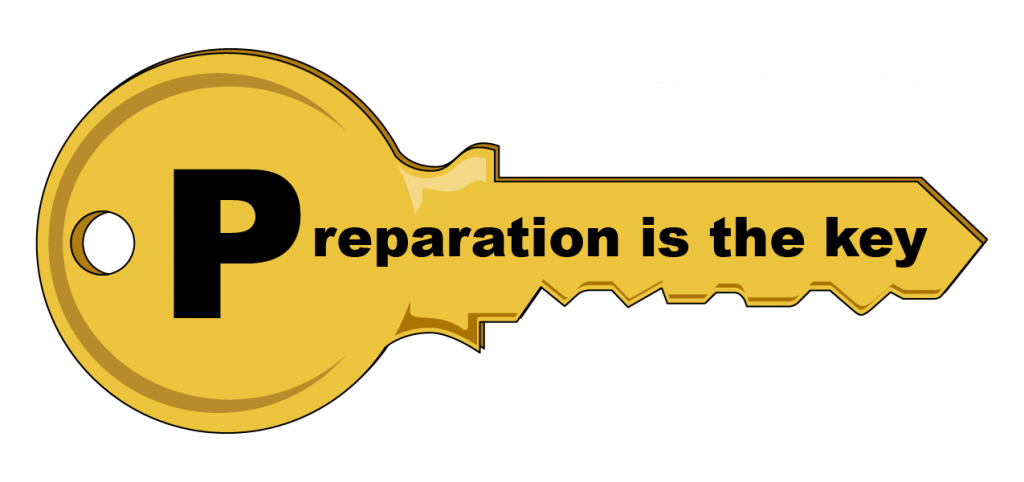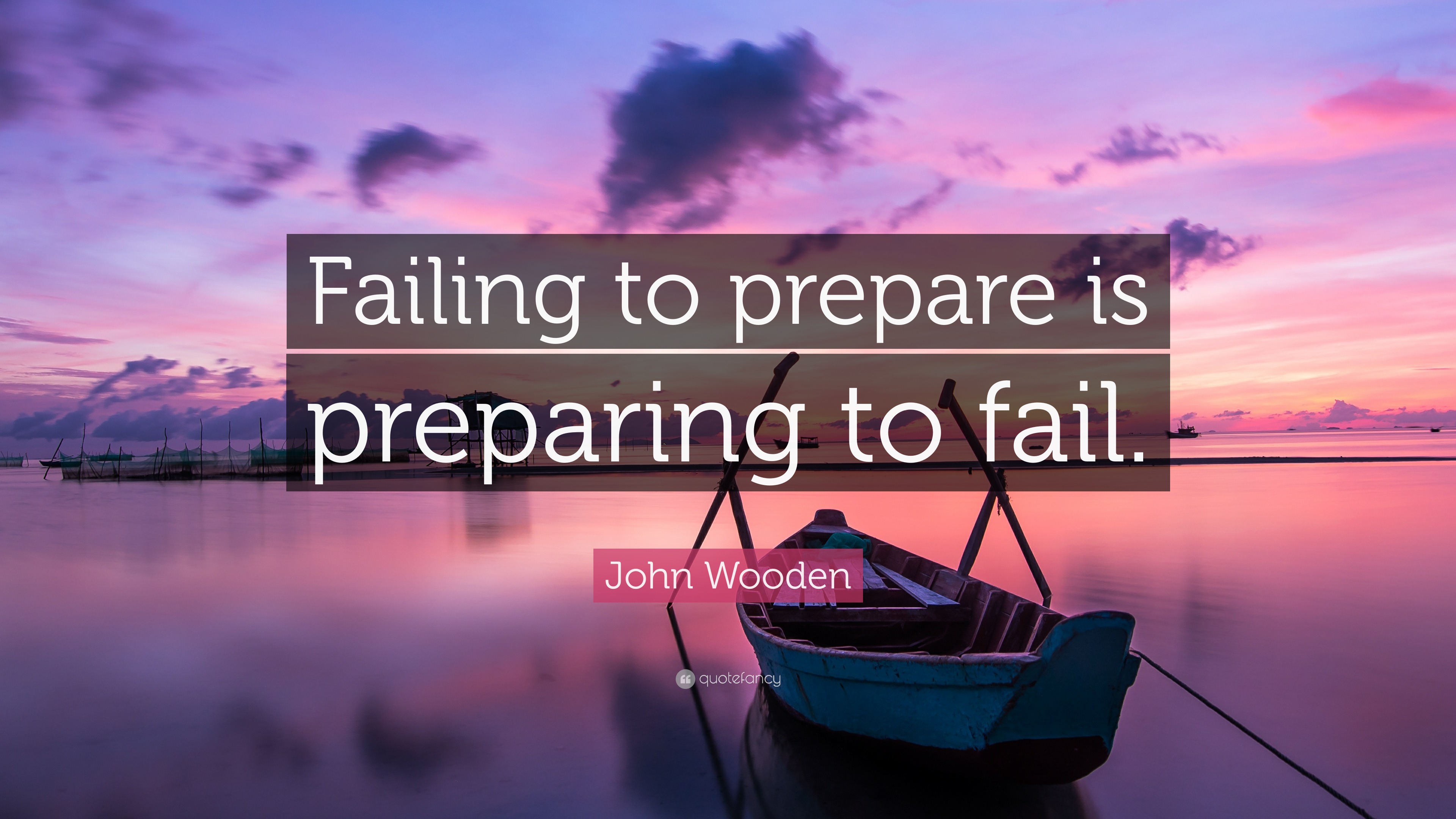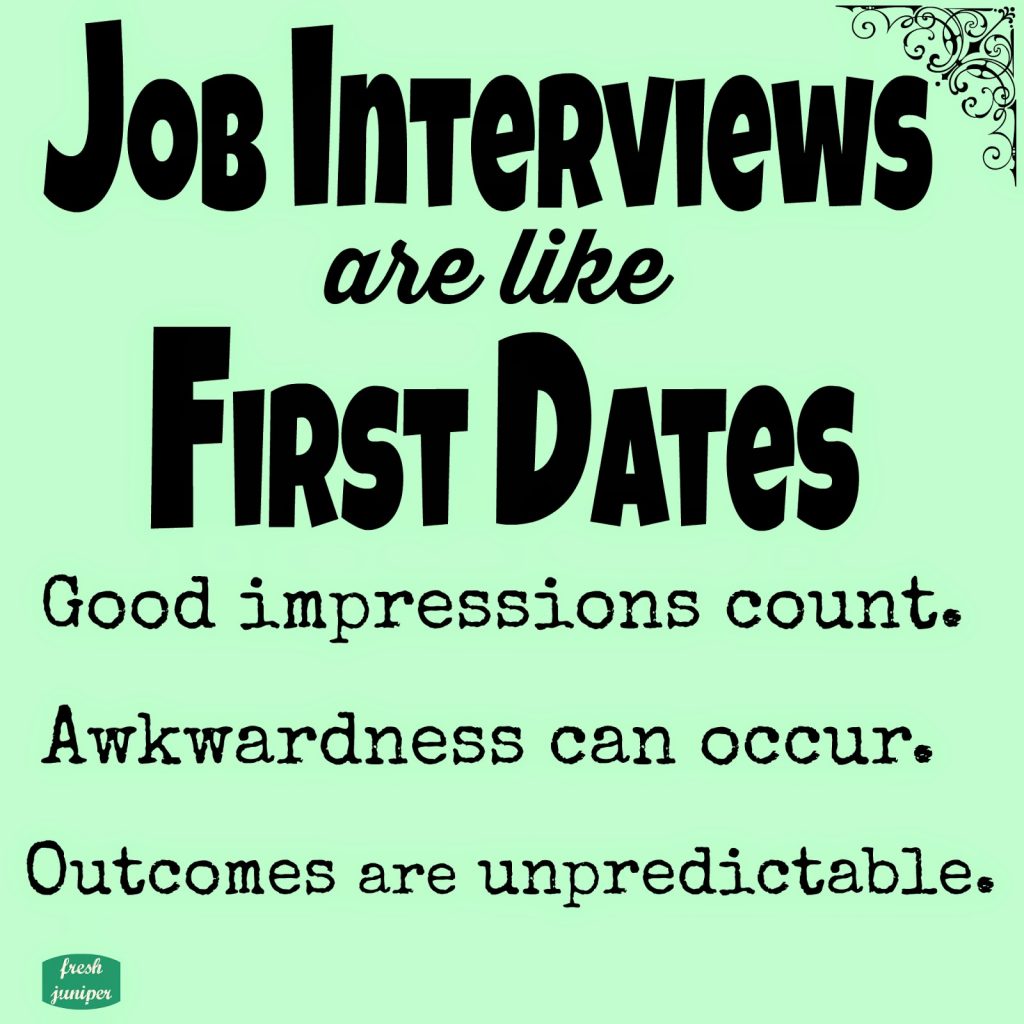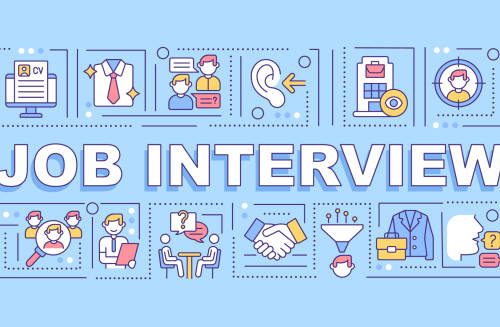
Interview a New You! – Becoming an Interview Guru
With the recent emergence of so many innovative interview tactics, ranging from spontaneous testing of situational awareness and technical skills to an inquisition of one’s morals- can you ever truly be prepared?
Despite a surge of research on employers over the past 30 years, our knowledge of how employers hire remains incomplete. [1] With myself and my classmates rapidly approaching Graduation Day, there is more at stake than ever before as the battle is on to secure a place at a reputable firm or gain acceptance to that dream Master’s course.
This was reflected within our eagerness to work as a team, carrying out simulated job interviews on our work-based learning module to put one another to the test. In this blog, I use Gibb’s Reflective Model to gain a more valuable insight into how this has benefitted me in my exploration of the working world.




My fellow classmates on the module kindly undertook the role of interviewers for the position of a secondary English and media studies teaching post in Hazelwood Integrated College, Belfast. I noted the attributes of a potential candidate as listed within the job description; “dynamic”, “committed to education”, “enthusiastic and suitably qualified” among those which stood out to me.
In order to think about how I could better demonstrate these skills to an interviewer, I carried out a litany of research into commonly asked interview questions and how to best prepare. My findings revealed some of interviewer’s biggest pet peeves as deviation from the question, or using ‘canned answers’ rather than answering honestly. [2] Interviewers also preferred those who displayed a sense of authenticity, referring to personal experiences of the job role as opposed to candidates they thought ‘told them what they wanted to hear’. [3]

I found some of my most helpful advice on the National Career Service website, such as encouraging the use of pre-prepared examples of scenarios in which I had demonstrated effective leadership and communication skills, as this translates some of the main skills desired by the employer into a real-life scenario. [4] Use of the STAR technique was also strongly advised, as this incorporates the results of a task, an element which is often forgotten, in addition to explaining how problem-solving techniques were successfully used to overcome a challenge. This is supported by the dominant model of hiring in sociology, which portrays the decision to hire as a straightforward matching process between firms’ needs and applicants’ skills. [5]
As the date of our simulated interview task grew closer, I felt increasingly nervous that I would underperform or panic when under pressure. It was especially important for me to do well as I had a series of interviews for post-graduate positions in the coming weeks, which were vital in determining my future after university life. This further fuelled my anxiety, and in turn, my drive to succeed.
The good, the bad, and the ugly…
My nerves pushed me to go the extra mile, enlisting the help of family members to test my response to spontaneous interview questions. This improved my quick-thinking skills and the ability to manage information effectively. However, these ‘mock’ interviews from family also revealed one of my strongest weaknesses… the ability to maintain eye contact and avoid fidgeting. To address this, I practiced sitting with my hands clasped firmly together, and avoided wearing clothes which had tassels or anything that was tempting to grab or pull. I also found that slowing my breathing before beginning the interview helped me to feel calmer and in control.
After taking the necessary steps, I felt sufficiently prepared to show up as my best self- ready for whatever challenges the interview may bring!

Interview Day- Mission Success or Time to Digress?
Utilisation of the STAR technique, good eye contact and experience in a range of educational settings meant that I was able to answer my peer’s questions to a relatively high standard. I was rated a 5/5 on content, 4.5/5 on reflection, and 5/5 on presentation. Below, I have included an example of some of the feedback which I received.

I felt that the feedback was extremely helpful in identifying potential flaws in my interview style, highlighting the need to specify the results of scenarios I had described throughout, such as the outcome of crises I had dealt with at work. Whilst I felt resolution had been implied, this feedback alerted me to the need to illuminate the success of strategies I had described in order to reiterate my competency to an interviewer.

One of the most surprising elements of the interview for me was the depersonalised and detached nature of the interviewers, as they were expected to remain neutral for the duration of the interview. Whilst this was a necessary aspect of the interview style in order to ensure fairness, at times the formality came across as intimidating as I felt like a subject under scrutiny.
At the end of the interview, I left feeling very unsure of how I had performed due to the interviewer’s obligatory ‘poker face’. This was something that later proved invaluable when attending my PGCE interviews in real-time, as they, too, gave little to no indication of how I had done. Despite this neutrality, I learned that it is best not to match it, as studies suggest that interviewers are drawn to those who are more enthusiastic, friendly and passionate. [6] This was something I utilised during later interviews as I attempted to relate to the interviewers on a personal level, asking questions at the end about their favourite days on the job or any advice they may have for a newcomer.
Whilst being grilled by my peers was not the most enjoyable experience, it has been immensely valuable to me, as I have since completed several interviews where the communication skills gained in this process have been put to the test!
References
[1] Lauren A. Rivera. “Go with Your Gut: Emotion and Evaluation in Job Interviews.” American Journal of Sociology, vol. 120, no. 5, 2015, pp. 1339–1389., https://doi.org/10.1086/681214.
[2] ’20 Things an Interviewer Looks For During a Job Interview’, 20 Things an Interviewer Looks For During The Interview (resume-now.com), 2021, As accessed: 2023, Feb 17.
[3] ‘8 Frequently Asked Integrity Interview Questions (With Example Answers)’, 8 Frequently Asked Integrity Interview Questions (With Example Answers) | Indeed.com UK, 2022, Sep 25. As accessed: 2023, Feb 18.
[4] ‘Interview tips’, Interview advice | National Careers Service, National Careers Service, 2022. As accessed: 2023, Feb 20.
[5] P. Moss and Chris Tilly. “Hiring Procedures and the Role of Formality.” Stories Employers Tell: Race, Skill, and Hiring in America, Russell Sage Foundation, New York, 2001, p. 212.
[6] ‘The Importance of Enthusiasm’, The Importance of Enthusiasm | Interview Questions | LiveCareer, LiveCareer, 2021. As accessed: 2023, Feb 21.
Bibliography
‘8 Frequently Asked Integrity Interview Questions (With Example Answers)’, 8 Frequently Asked Integrity Interview Questions (With Example Answers) | Indeed.com UK, 2022, Sep 25. As accessed: 2023, Feb 18.
‘Interview tips’, Interview advice | National Careers Service, National Careers Service, 2022. As accessed: 2023, Feb 20.
Moss, Philip, and Chris Tilly. “Hiring Procedures and the Role of Formality.” Stories Employers Tell: Race, Skill, and Hiring in America, Russell Sage Foundation, New York, 2001, p. 212.
Rivera, Lauren A. “Go with Your Gut: Emotion and Evaluation in Job Interviews.” American Journal of Sociology, vol. 120, no. 5, 2015, pp. 1339–1389., https://doi.org/10.1086/681214.
‘The Importance of Enthusiasm’, The Importance of Enthusiasm | Interview Questions | LiveCareer, LiveCareer, 2021. As accessed: 2023, Feb 21.
’20 Things an Interviewer Looks For During a Job Interview’, 20 Things an Interviewer Looks For During The Interview (resume-now.com), 2021, As accessed: 2023, Feb 17.
You May Also Like

Job Interviews: Selling Yourself For A Pay Cheque
24 February 2023
To Be Or Not To Be – That Is The Interview Question
23 February 2023
